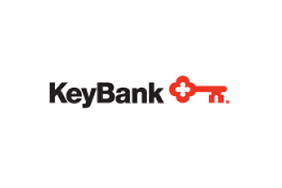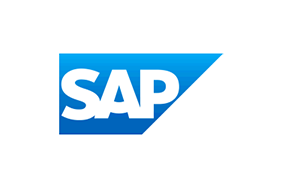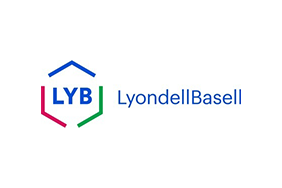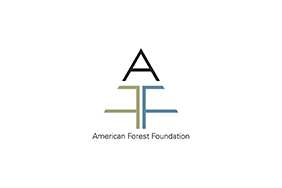Finance
Supporting responsible business and causes with the goal of a more sustainable future.

POSTED
10-03-23
Pepco and Exelon’s Racial Equity Capital Fund Invests Nearly $3 Million in Minority-Owned Small Businesses in the District and Maryland
Pepco, Exelon, and the Exelon Foundation-funded Racial Equity Capital Fund (RECF), announced $2.7 million in RECF investments to four local, minority-owned businesses working in the energy, IT, workforce development, and real estate fields.

POSTED
09-26-23
KeyBank Provides $46 Million of Financing for Affordable Housing Community in Utah
KeyBank Community Development Lending and Investment provided a $8.6 million equity bridge loan and $13.1 million in 4% federal Low-Income Housing Tax Credit (LIHTC) equity for the acquisition and rehabilitation of an affordable housing community in Layton, Utah. \

POSTED
09-25-23
KeyBank Partnership With Operation HOPE Marks Beginning of New Era in Homebuyer & Financial Education in Buffalo
KeyBank and Operation HOPE, Inc., a national non-profit dedicated to financial empowerment for underserved communities, celebrated the beginning of a new era in homebuyer and financial education in Buffalo.

POSTED
09-21-23
KeyBank Provides $71.8 Million of Financing for New Affordable Housing Construction in Greenfield, California
KeyBank Community Development Lending and Investment (CDLI) and KeyBanc Capital Markets provided $71.8 million construction and permanent 501(c)(3) bond financing utilizing a combination of direct bank debt and Fannie Mae M.TEBs for Greenfield Commons Phase 1.

POSTED
09-20-23
AllianceBernstein: Tree Spotting - Detecting Deforestation Risks One Company at a Time
From the dense Amazon jungle to wide stretches of Malaysian palm oil plantations, agricultural practices have been stripping the world of vital forests for decades.

POSTED
09-20-23
Finance and Data Analysts Can Become Key Enablers for a Sustainable Future – Here’s How
We can expedite climate action by harnessing the expertise of finance professionals and data analysts alongside enterprise resource planning (ERP) systems.

POSTED
09-14-23
TC Energy’s Partnership With New Acre™ Project Empowers Farmers To Fight Climate Change
Through a multi-year pilot partnership with New Acre Project, TC Energy has helped farmers and ranchers produce nature-based climate solutions on 135 acres of marginal farmland to increase biodiversity, improve watershed health and mitigate the effects of climate change.

POSTED
09-13-23
AB: Financing a Sustainable World - Global Banks Take Center Stage
While companies such as clean energy providers and electric vehicle manufacturers bask in the limelight, an entire sector driving the shift to a sustainable world goes largely unnoticed.

POSTED
09-13-23
LyondellBasell Invests in First Close of the Plastic Circularity Fund
LyondellBasell announced its investment in the first close of the Lombard Odier Investment Managers (LOIM) Plastic Circularity Fund SCSPp (“Plastic Circularity Fund”).

POSTED
09-13-23
New Report: Innovative Finance Tools Key to Activating Nature Based Climate Solutions
The report, Boosting the Power of Corporate Investment in the Fight Against Climate Change, reveals that innovations to carbon programs and financing models are essential to build and scale a voluntary market that maximizes climate impact and benefits rural landowners.

